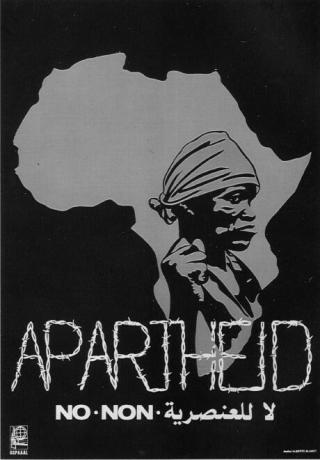O Archaic Period of the history of the Greek civilization, which took place between the VIII and VI centuries; C., was mainly characterized by the end of gentile community, who graduated from Homeric Period, and for strengthening the organization of members of society around the polis, at city-states, commanded by a land-owning aristocracy.
The formation of the aristocracy (the land-owning social class) occurred due to the end of the gentile communities (formed from the gens, small groups family), commanded by a pater, a man who dominated the family groups, as the closest relatives, the Eupatrids, came to have the best land in the community. Allied to this process of formation of a superior social group, with the aristocracy dominating and exploring the work of other people in society, there was the consolidation of private ownership of land and work instruments, creating a situation different from the previous period, when there was ownership collective.
The agricultural economy was developed in the sense of ceasing to be a domestic economy, limited to small spaces. In this case, domestic economy is understood as the subsistence production of families, without the importance of exchanging products between different communities. They began to develop an economy of product exchange between the various city-states, creating markets beyond the boundaries of communities.
This resulted in the consolidation of the city-states as a form of political, economic and social organization of Greek society. The polis (city, in Greek) was a politically independent social organization. Was a social organization for establishing ways of coexistence for the people who inhabited the polis and politically independent for having its own government and laws that only concerned the polis, thus forming an independent state. As a result, the Greek polis was also known as the city-state. The inhabitants of the polis who had political rights were called citizens. The inhabitants of other city-states, despite being Greek and speaking the same language, were considered foreigners if they were in a different polis from the one they were born.
The urban area of the polis was also known as the urban core. The urban nucleus was located in the center of the polis and was its main area. region around the polis, the rural area, which consisted of villages and agricultural and herding. In the urban core there was still the acropolis, a now and the asty.
THE acropolis it was the highest part of the city, functioning as a defensive fortification and was also a site of religious temples and buildings of political administration.
The community's political discussion was held at the now, there are still public buildings in this location. Usually close to the agora, there was the market, the asty, where products produced in the polis and others that came from abroad were sold.
There was also a manufacturing production, whose goods were made by a craftsman with his own hands and tools, which was developed in the polis. At the same time, the use of writing. However, this writing that was used again was based on the Phoenician alphabet, which was gradually being adapted by the Greeks, according to changes in language.
In the early Archaic Period, the polis were ruled by monarchies¹. But the economic and social development of aristocratic elites led to a series of discontents and struggles that resulted in the formation of the oligarchy (in Greek, government of a few). These few were the aristocrats who began to get rich, and from then on, wealth was the criterion for exercising power, and no longer the tradition that supported the monarchy.
In the Archaic Period, Greece had more than one hundred autonomous and independent city-states, the best known of which were Sparta and Athens.
––––––––––––––
¹Monarchy: Political system in which power is concentrated in the hands of a king, passing this power in a hereditary way to other members of the same family.
Take the opportunity to check out our video lesson related to the subject:

